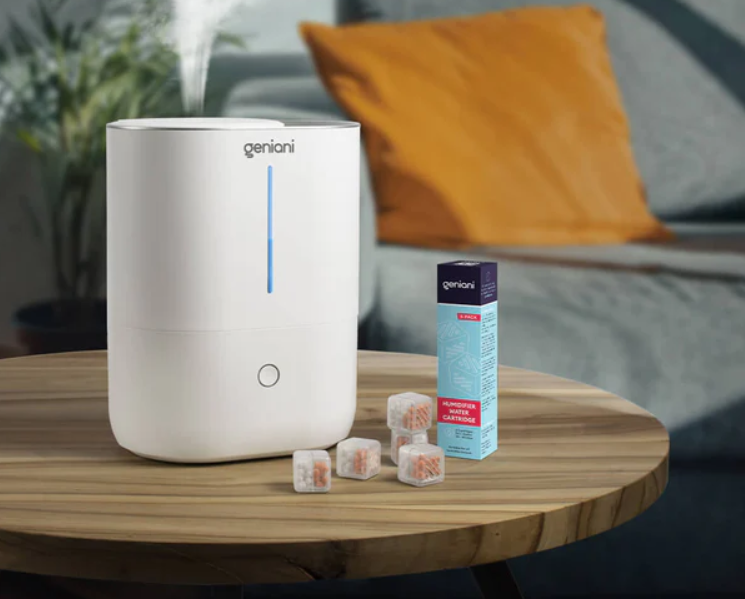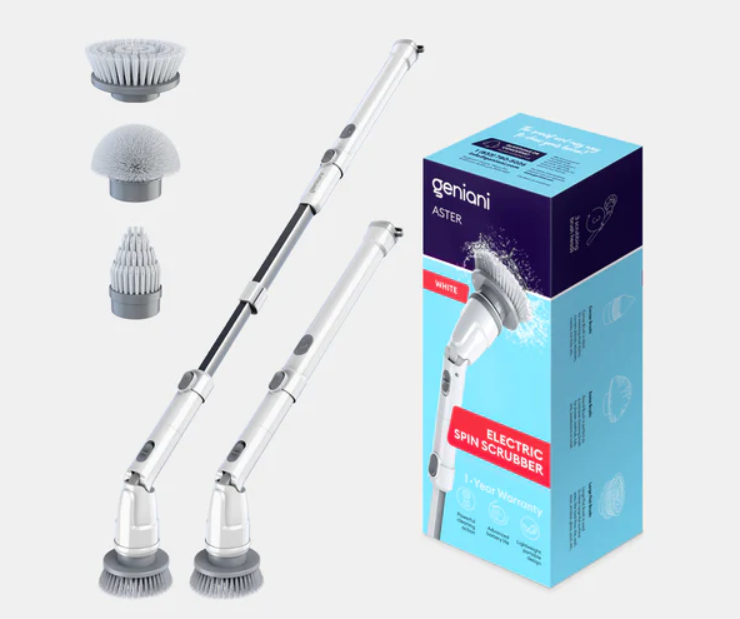If you’ve ever been where the weather is dry, cold, or both, then you’ll know just how harsh the effects of dry air can be. Moisturizing the air in your home with a humidifier is not only an effective way to make your living conditions more comfortable. It can play a key role in helping to ease symptoms of a variety of health conditions. Let’s talk about signs that will show you the need for a humidifier at home or office.
What is humidity

In the simplest terms, humidity is the amount of water vapor present in the air given the current temperature conditions. Have you ever been driving home and come across a dense fog that makes it hard for you to see? That’s a great example of what happens when there’s a lot of water vapor in the air: the humidity has increased a lot. Some geographical areas like Arizona or California have dry climates and there’s almost never much humidity. Therefore, wildfires are so hard to put out in those areas. A humidifier will help you to keep everything in balance and forget about dryness and other problems if the level of humidity is right.
When do you need a humidifier
Humidity acts as a natural moisturizing agent that can relieve dryness. You may be prone to these discomforts when the air in your home is dry. This is especially common during the winter months or when an air conditioner is being used during the summer.
Static electricity
Static electricity increases greatly when the humidity is too low, as static charges are no longer blocked by normal moisture levels. It is potentially destructive as the charge built up can be several hundred volts and is enough to destroy electronics.
Dry skin, nose, eyes, throat

No dryness at home
Internal passageways dry up as mucous membranes cannot support healthy moisture levels. This leaves the body susceptible to sickness and irritants. Additionally, during colds or flu, the body cannot recover as quickly. Eyes may lose moisture and cause discomfort. Skin becomes susceptible to cracking because of dryness and skin problems may appear.
A nosebleed
If someone in the family is experiencing a high rate of nosebleeds, dry air might be the reason. This can be a tip-off that your indoor air needs to be moistened by a humidifier. Again, this happens frequently during the winter months.
Increased allergies
Dry air allows allergens in your home to move more freely. Increased allergy symptoms may appear. Sneezing and coughing also tend to increase as well as more difficulty sleeping.
Pet problems
Low humidity indoors can cause sneezing and skin problems for pets. Wheezing, sneezing, and extreme thirst are some signs the humidity is too low and needs attention.
Plants become dry

A right humidity level for your green friends
If indoor humidity is too low this causes problems for indoor plants. When the air is too dry, soil can lose moisture more rapidly and leaves are subject to drying out. Plants have a harder time remaining healthy and growing, similar to cold extremes outdoors.
Home material damage
Extreme low humidity can cause damage to your home’s materials indoors such as wallpaper peeling or wood floors that warp. Some furniture can dry out and need a moderate moisture level for best preservation.
Do you need a humidifier
Humidifiers can be effective for treating dryness of the skin, nose, throat, and lips. They can also ease some symptoms caused by the flu or common cold. However, keep in mind that this is a home remedy — not a medical treatment. Stop using a humidifier and call your doctor if you have symptoms that don’t improve or seem to get worse because of the humidifier.







